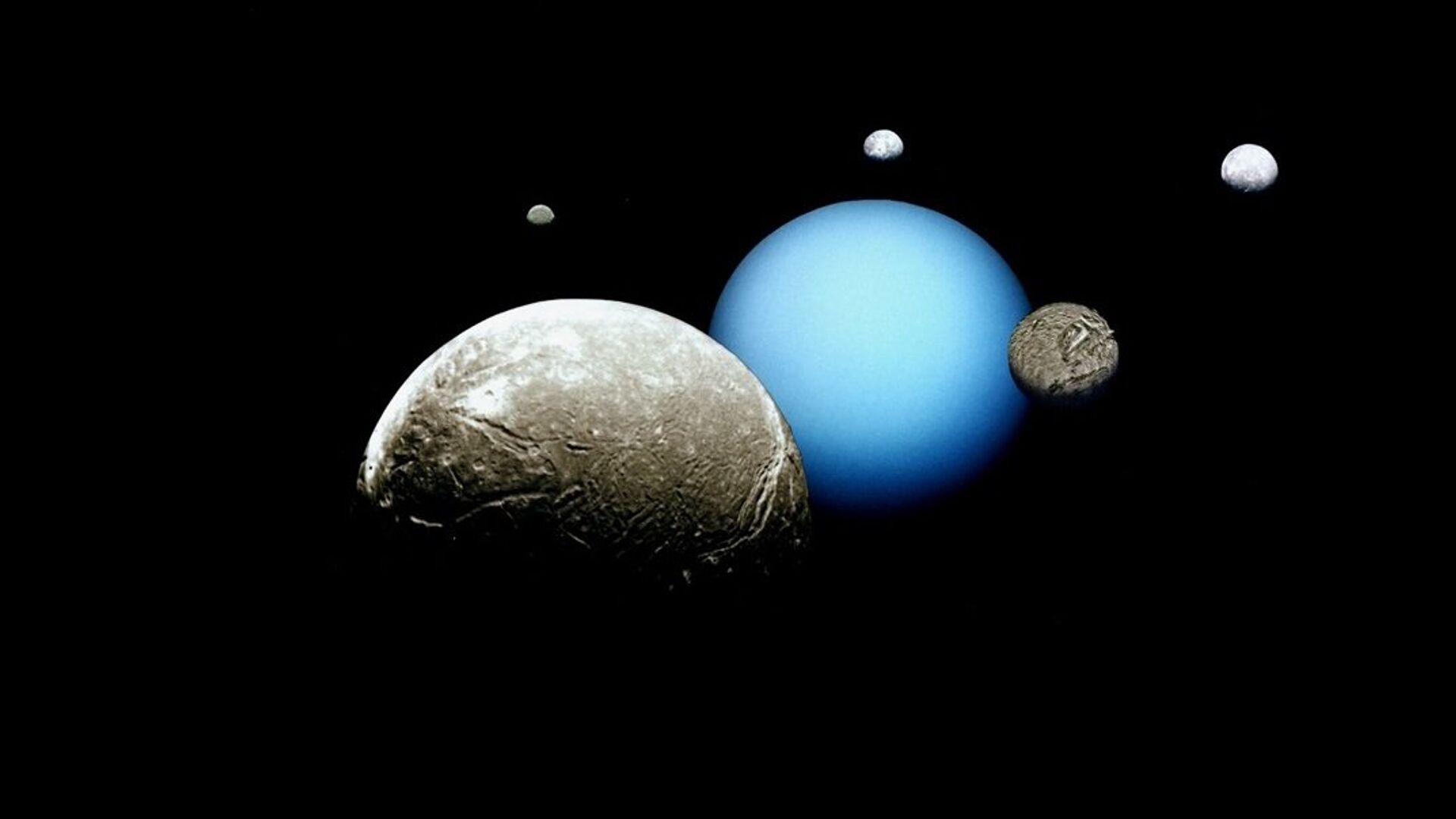‘Operation Butt Plug’: ‘NASA’ Makes Hilarious Mistake of Asking Public to Name Uranus Probe
18:33 GMT 16.09.2022 (Updated: 12:57 GMT 14.04.2023)

© NASA
Subscribe
A Twitter account impersonating the US space agency NASA recently asked the public to weigh in on possible names for the exploratory vehicle it hopes to send to the solar system’s seventh planet in the coming years. It went about as well as you’d expect - that’s right, it’s a lot of butt jokes.
NASA aims to launch the Uranus Orbiter and Probe towards the icy, sideways-spinning planet by 2030. It will be the first probe ever sent to study Uranus up-close, having only previously been visited by the Voyager 2 probe during a quick 1986 flyby. The new probe will orbit the planet and study its pale, seemingly featureless atmosphere in depth, and could possibly carry another, smaller probe to plunge down into the Uranian atmosphere.
However, the mission has already hit a snag: a fan account called "Ice Giant Missions", which advocates for such probes to be sent to Uranus, Neptune, and the outer minor planetoids, asked for the public to suggest names for the spacecraft.
Of course, the planet’s name is derived from the Greek titan Uranus (Οὐρανός in ancient Greek), the personification of the sky, but to your average Anglophone, it sounds like a reference to someone’s bottom.
Here’s a small sample of the names that got submitted:
Advanced New Uranus Space Mission (ANUS)
Better Uranus Telemetry Tracking (BUTT)
Planetary Orbital Observation Probe (POOP)
Bootylicious
Operation Butt Plug
Our Anus
Uranal Probe
Urectum (this one is from the cartoon Futurama)
Shinya-Wolff (the two doctors who pioneered the colonoscopy procedure)
And of course, Probie McProbeface
There were also some serious name submissions, including suggestions of various polytheistic deities, astronomers, and references to the William Shakespeare play “The Tempest,” from which the names of many of Uranus’ moons have been drawn.


